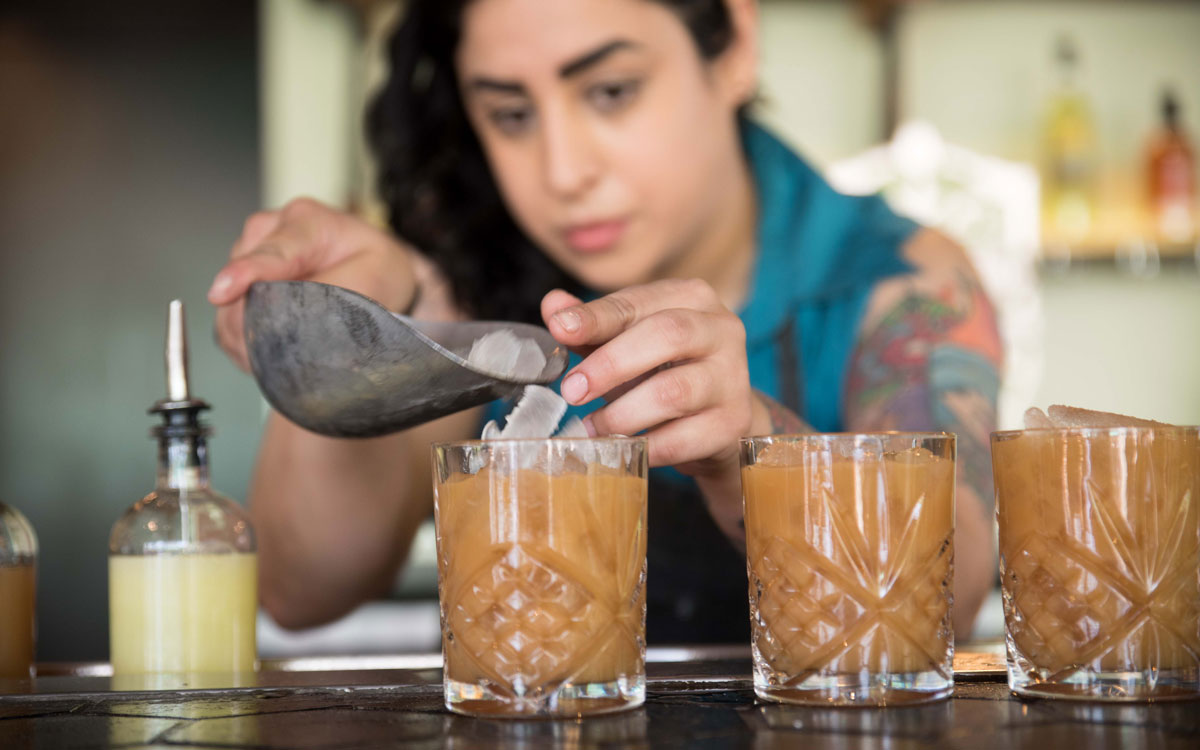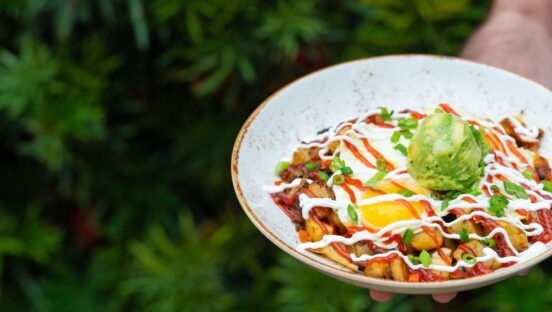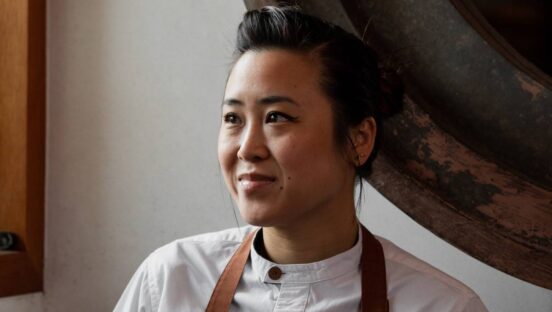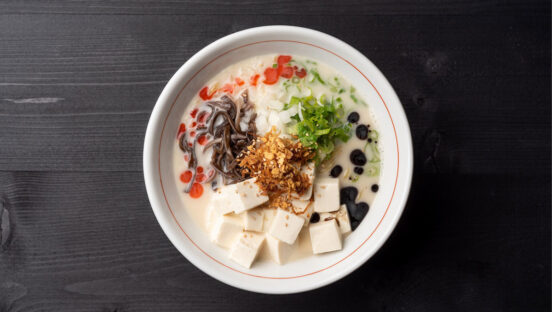







Whether you’re a professional organization looking to gain members, a group of restaurants fundraising for a non-profit, or simply striving to find the best of the best in the industry, here are a few things to consider before setting up a food or beverage competition.
Ask yourself, “Why am I putting on this competition?” Are you looking to advance the the hospitality industry, bring more members to your professional organization, fundraise for a cause, provide entertainment, gain sponsorship dollars… or, all of the above?
For the United States Bartenders’ Guild (USBG), competitions serve as the organization’s primary outreach program for new members, but the organization also hopes to drive the industry forward and to advance professional bartending along the way. And to make such an extensive event series happen, USBG needs to partner with sponsors like Lucid Absinthe who are eager to get their products in front of industry leaders.
“I’ve done competitions where the show has been very unorganized, and I’ve done competitions where it’s just been amazing,” says Chef Lance Nitahara, a lecturing instructor at the Culinary Institute of America and frequent competitor in American Culinary Federation (ACF) competitions over the last decade. The good competitions, he says, have everything taken care of the a ‘T.’ “Everything is related to the competitors in a very timely and complete fashion. I would say that the best thing organizations can do is be as organized as possible, be ready for the event well ahead of time, and give the competitors everything they need,” he says.
Sponsors need organization, too. The World Food Championships (WFC) assigns each sponsor an account manager to streamline communication. “We work exclusively with a single source, a single account sponsorship manager, and that really makes the relationship dynamic with them,” says Becca Yeagy of Red Gold, a WFC sponsor. As the relationship grows over multiple years of sponsorship, Yeagy and her team can chat with the manager, who knows the history of that sponsorship well, about what worked, what didn’t work, and how they can work to serve Red Gold’s needs better in the future. “It gives us that direct link back to what’s going on,” Yeagy says.
“The most important values that we try to curate through all of our competition programs are fairness,” says Aaron Gregory Smith, USBG executive director. To establish this, USBG makes sure people are selected to participate not based on where they work or their own name, but on merit and initiative alone. Participants fill out an application gauging interested candidates on their drive to serve as mentors or leaders in their communities. “We’re really looking for people who are going to take this experience and share it out with others,” Smith says.
Competitions are about finding the best of the best, but they are also about pitting yourself against other leaders in the hospitality community and learning where you can grow as a professional. Thus, competition organizers must take into account not just the experience of the winner, but of all the participants. “Every participant deserves equal treatment throughout the entire process,” Smith of USBG says. “If you don’t factor in every competitor’s experience throughout the process, only 10 percent of the people who participate, your one winner, is going to have a positive experience at the end of it. We highly, highly focus on making sure every competitor feels taken care of throughout the process and feels like they are getting something out of it, whether they win or lose.” USBG achieves this in part by giving thorough evaluations to each participant at the end of the competition, providing feedback that will challenge them to grow professionally.
Companies are sponsoring events to get their products in front of the right people, but also to reach this demographic in an authentic way during meaningful moments in their careers. The stakes are high, and if a certain can of tomatoes helps a chef succeed in a national food competition, then that chef might be more likely to lean on that product in the future. To please sponsors, organizers of competitions need to help foster these relationships. Setting up a competition so that it feels like a sprint to the finish doesn’t allow much time for sponsors to feel engaged with the hospitality professionals they’re working with.
The World Food Championships (WFC) restructured its competition to stretch like a marathon rather than a sprint. Previously, everyone met during a single competition, and although there were 10 category winners, one would be named the grand champion by the end of the competition. Now, WFC has added a Final Table competition to take place against the final 10 winners several months after the original category competitions, which Yeagy at Red Gold calls a “a gigantic improvement.”
“It opened up the opportunity to build excitement, creating brand awareness about whatever product or sponsor was sponsoring that category. It allows additional stories and PR and things to happen, whereas, if you were doing that additional sprint to the finish, you might have lost some of the timing that is now enabled by this segmented finish,” she says.
Fairness can be a difficult goal to attain in such a subjective field, where judges are influenced by their own food memories and strict training. Encouraging your evaluators to be aware of their internal biases is key to creating a fair playing field. For USBG competitions, Smith says it is imperative that judges recognize that the things that they value in a cocktail or in a bartending presentation may be impacted by their own experiences. “Do your best to evaluate people on their own merit and not your personal pet peeves,” he says. “We continue to drive forward on bias awareness in our scoring.”











